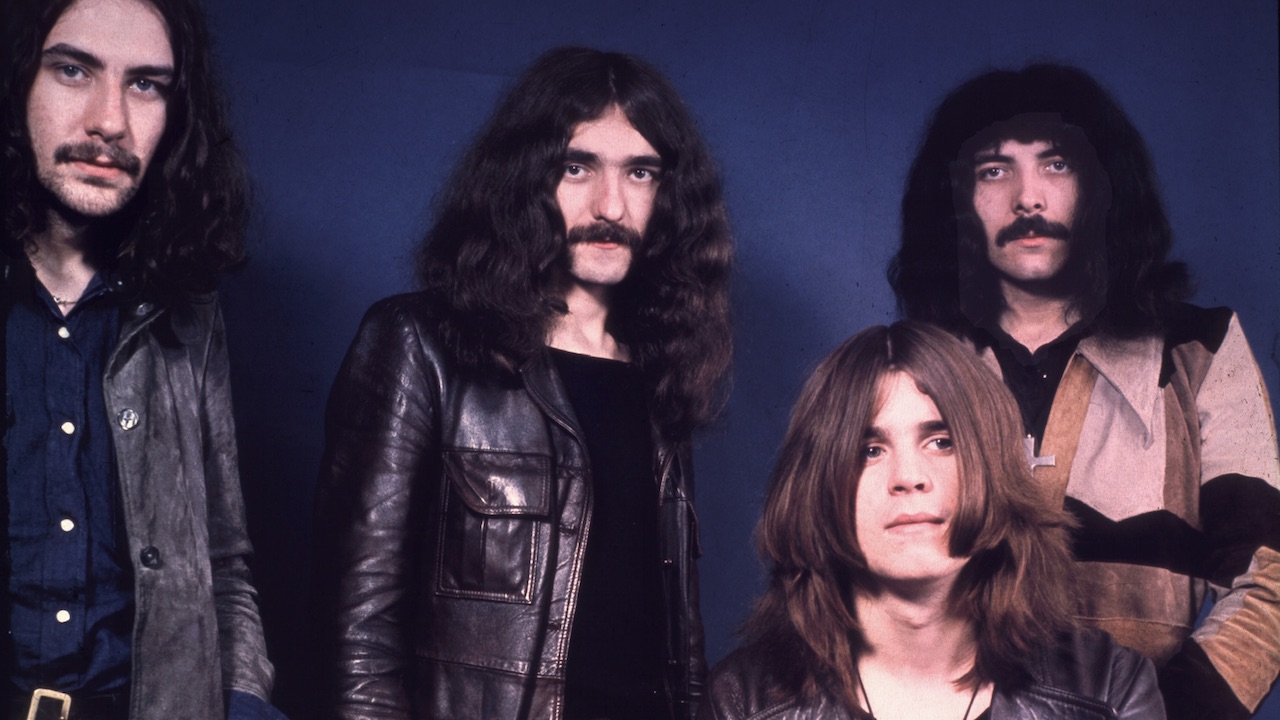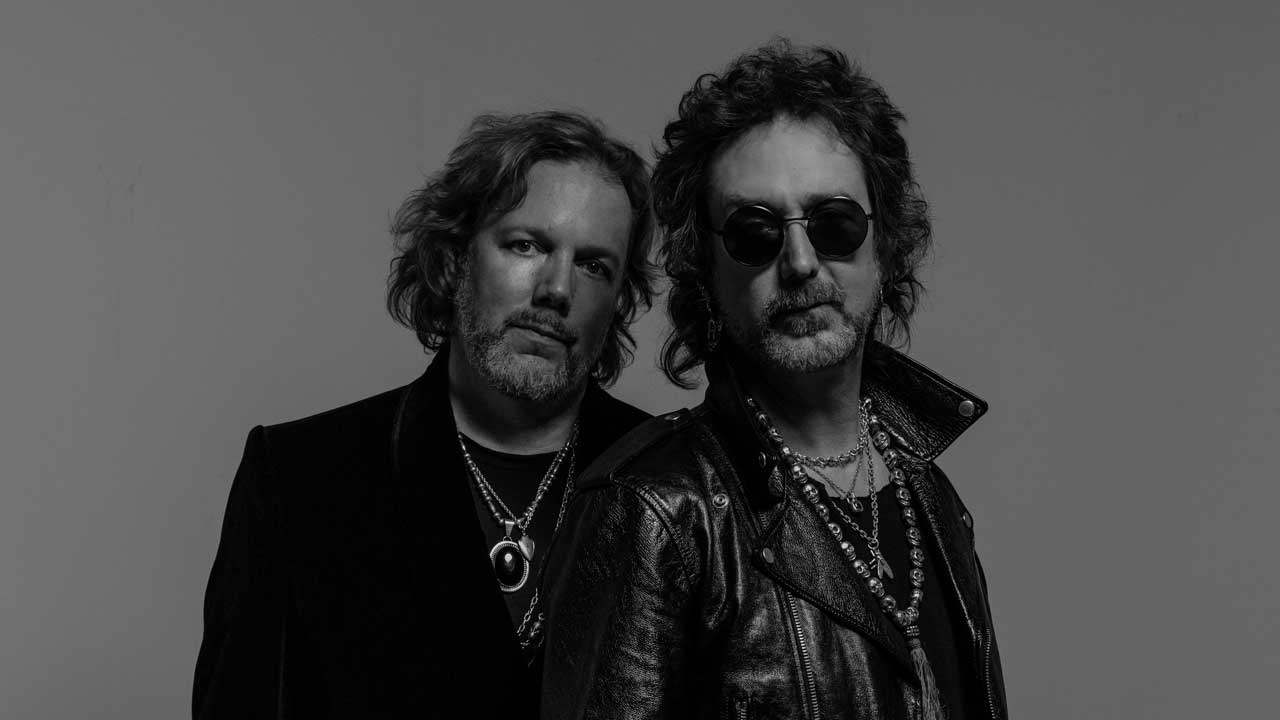A German concert promoter once offered Black Sabbath an extra one way plane ticket in case they needed to bring a "sacrificial victim" to their gig
Some people got a little carried away with the mistaken belief that Black Sabbath were a Satan-worshipping occult band

When Black Sabbath's self-titled debut album crashed into the UK Top 10 at number 8 in March 1970, Ozzy Osbourne, Tony Iommi, Geezer Butler and Bill Ward became Britain's most unlikely pop stars, a state of affairs that bemused the Birmingham quartet as much as anyone. With this new-found success, however, came a new set of problems, not least of which was the need to convince the world at large that they were not, in fact, Satan-worshipping Black Magic practitioners but simply a loud, heavy rock'n' roll band. Throughout 1970, in interviews with the UK's influential 'inkie' music papers - New Musical Express, Melody Maker, Sounds and Record Mirror - each member of Sabbath was at pains to stress that they were not an occult band.
"Everybody thinks we're a black magic group, but we just picked the name because we like it," guitarist Iommi told the April 4, 1970 issue of NME. "I agree some of the numbers on the LP are about supernatural things, but that's as far as it goes. We don't make a habit of playing numbers like that."
"We're worried about this 'black magic group' bit in America," Iommi admitted. "People might take us seriously. We might change some of the words of the songs so that we don't have any trouble."
Come July, speaking to Melody Maker, drummer Bill Ward was even more emphatic in seeking to distance Sabbath from the occult rock bands of the day.
"We have never practiced black magic on stage," he insisted. "In fact, we're anti-black magic. Since we became known it has been a complete mix-up; we have continually been put in the same bracket as Black Widow. They practice black magic on stage with ritual killings and things."
Speaking to NME that same week, Ozzy Osbourne revealed just how out-of-control Sabbath's unwanted reputation had become.
"It's got so bad that recently a German promoter who had booked us sent return air fares for the group - and if need be, a one way ticket if we decided on using a sacrificial victim."
"Black magic is a thing that we're trying to stamp out," the singer stated.
"We are trying to get away on the sheer merits of our music," Ozzy continued. "We don't need to have naked birds leaping all over the stage or try and conjure up the devil. But the way things are at the moment, some people will expect flames to shoot out of the cover of our next album!"
For the record, no flames shot out of the cover of the band's second album, Paranoid, which was released that September, and went straight into the UK charts at number one.
Sign up below to get the latest from Classic Rock, plus exclusive special offers, direct to your inbox!

A music writer since 1993, formerly Editor of Kerrang! and Planet Rock magazine (RIP), Paul Brannigan is a Contributing Editor to Louder. Having previously written books on Lemmy, Dave Grohl (the Sunday Times best-seller This Is A Call) and Metallica (Birth School Metallica Death, co-authored with Ian Winwood), his Eddie Van Halen biography (Eruption in the UK, Unchained in the US) emerged in 2021. He has written for Rolling Stone, Mojo and Q, hung out with Fugazi at Dischord House, flown on Ozzy Osbourne's private jet, played Angus Young's Gibson SG, and interviewed everyone from Aerosmith and Beastie Boys to Young Gods and ZZ Top. Born in the North of Ireland, Brannigan lives in North London and supports The Arsenal.
